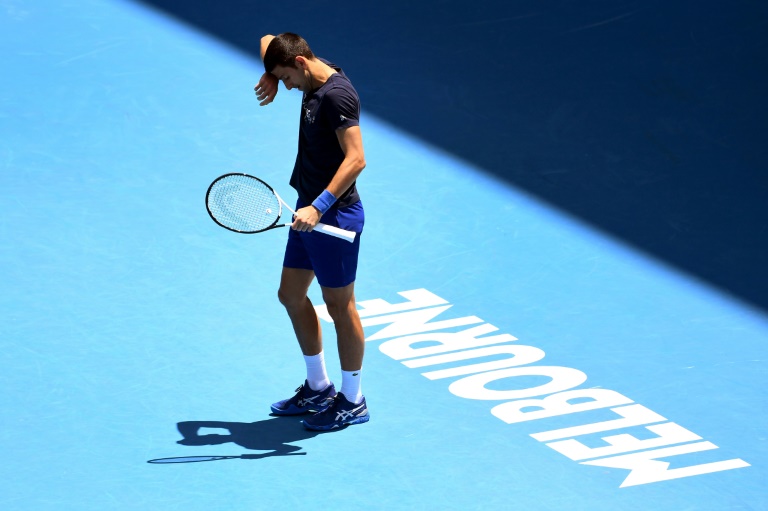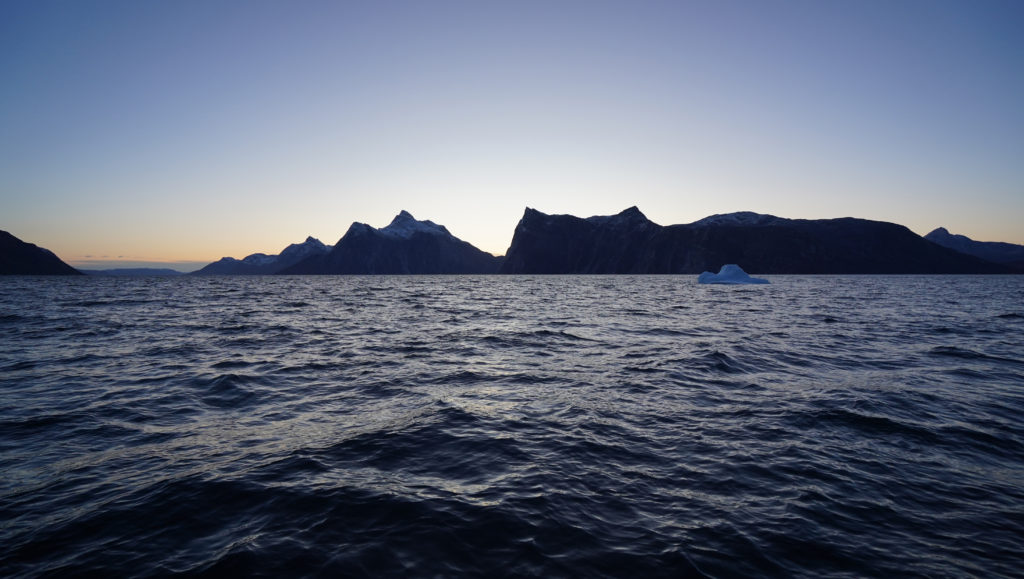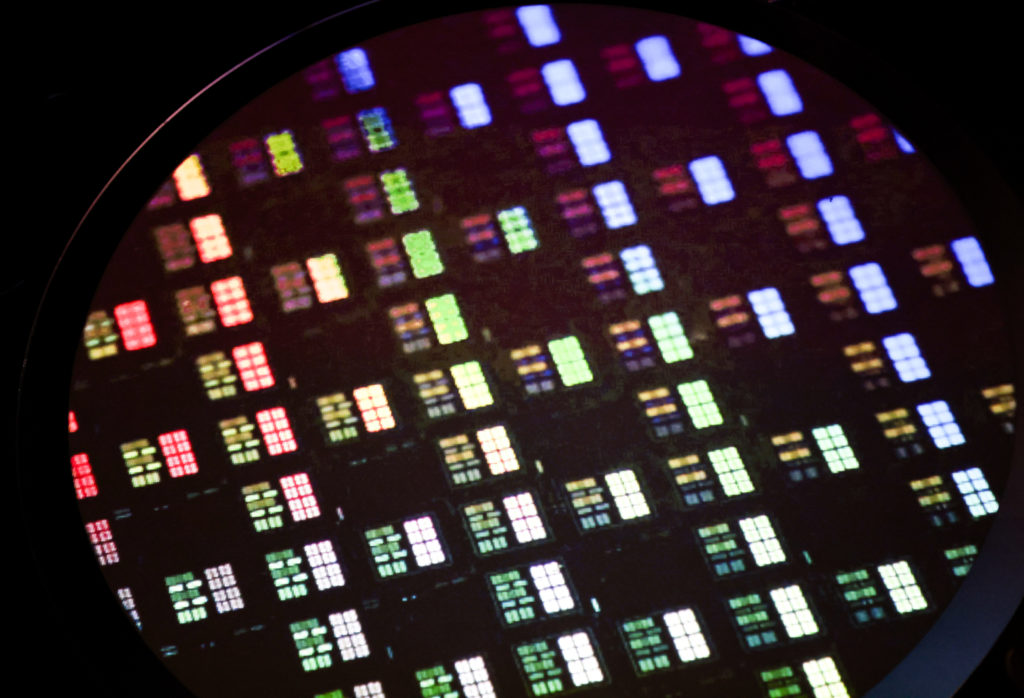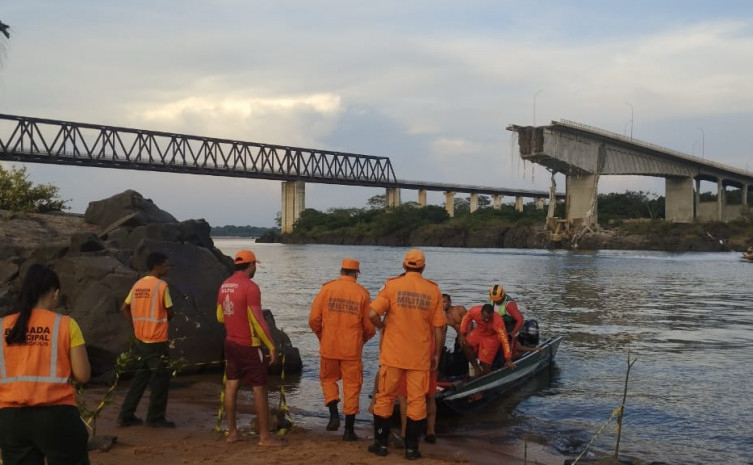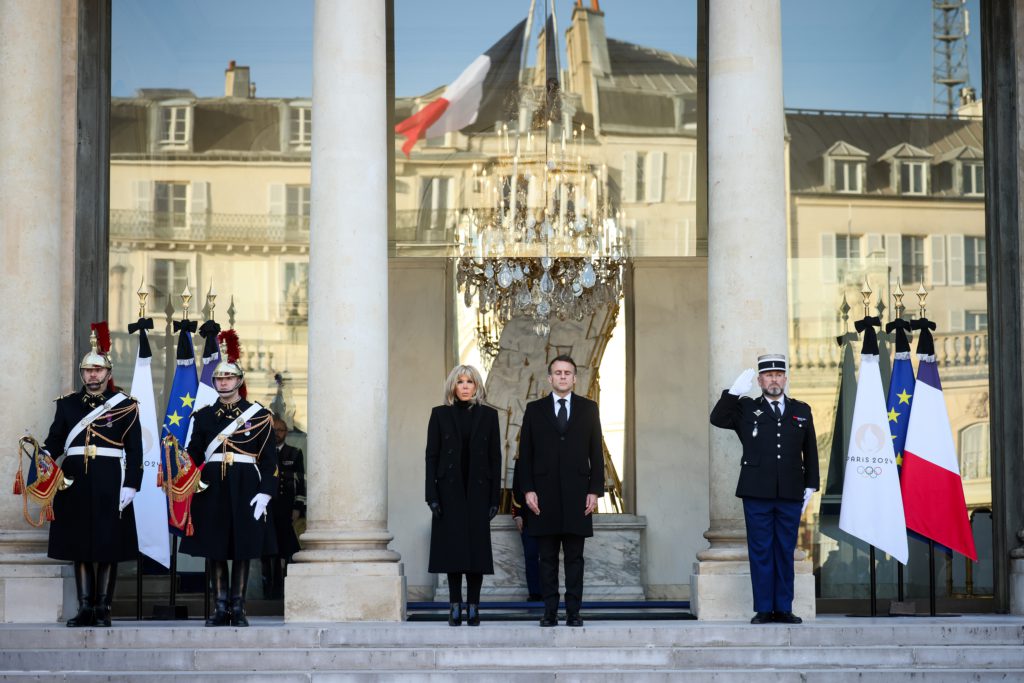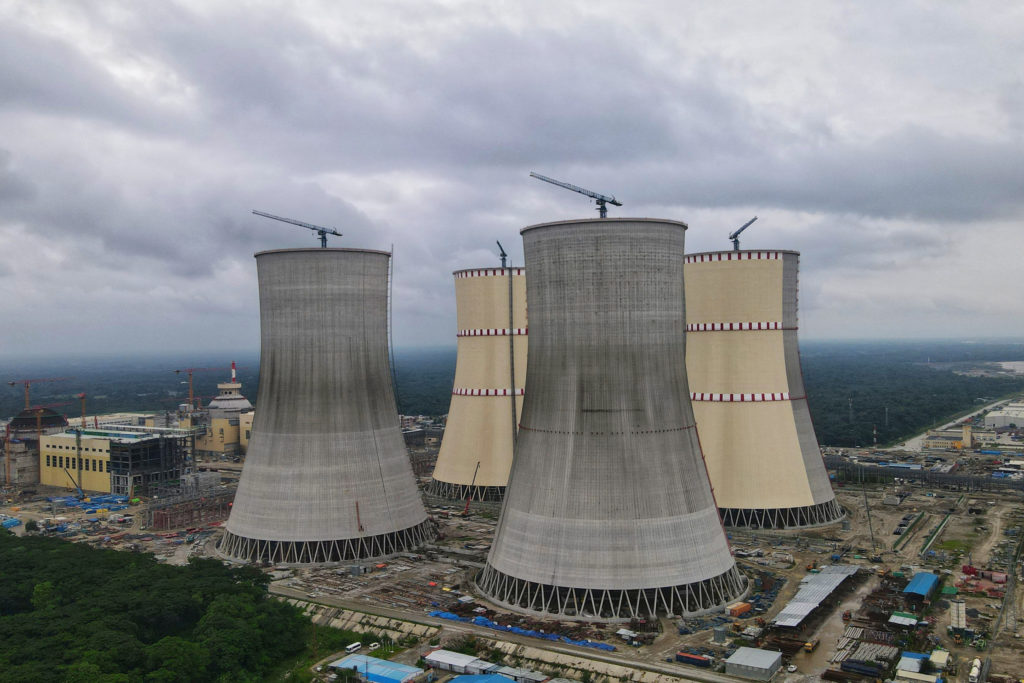Novak Djokovic on Wednesday admitted “errors” in his travel papers and in his behaviour after a claimed coronavirus infection as he battled to stay in Australia and fight for a record 21st Grand Slam.
The world number one said his team had offered fresh information to the Australian government, which is pondering whether to cancel his visa, again, and throw him out of the country.
“We are living in challenging times in a global pandemic and sometimes these mistakes can occur,” the unvaccinated 34-year-old said in a statement released as he practiced on the courts of the Australian Open, which starts Monday.
The Serbian star flew into Melbourne a week ago claiming a vaccine exemption because of a positive PCR test result on December 16.
Border agents rejected his exemption saying a recent infection did not qualify, tore up his visa and placed him in a detention centre.
But the vaccine-sceptic Djokovic’s high-powered legal team dramatically overturned the visa decision in court on Monday on a procedural matter related to his airport interview.
Now, Immigration Minister Alex Hawke says he is considering cancelling the visa another time, as fresh doubts emerge.
Djokovic, a nine-time Australian Open champion, described reports about his post-infection outings in Serbia as “misinformation”.
On the day after his positive test in Serbia, Djokovic appeared at a youth tennis event and at a ceremony to honour him with stamps bearing his image, both apparently without a mask.
Djokovic, who made no mention of the stamp ceremony, said he only received the PRC test result after attending the children’s tennis event.
– ‘Error of judgement’ –
But he admitted that he also went ahead with an interview and photoshoot with French sports newspaper L’Equipe on December 18.
“I felt obliged to go ahead and conduct the L’Equipe interview as I didn’t want to let the journalist down but did ensure I socially distanced and wore a mask except when my photograph was being taken,” he said.
“On reflection, this was an error of judgement and I accept that I should have rescheduled this commitment.”
The tennis ace also admitted a mistake on his Australian travel declaration, in which a box was ticked indicating that he would not travel in the 14 days before taking his flight to Melbourne.
In fact, social media posts and reports show he flew from Serbia to Spain during that period.
“This was submitted by my support team on my behalf – as I told immigration officials on my arrival,” Djokovic said.
“My agent sincerely apologises for the administrative mistake in ticking the incorrect box about my previous travel before coming to Australia. This was a human error and certainly not deliberate.”
Djokovic’s public statement appeared to be aimed at swaying the government to let him stay in Australia.
Leading immigration lawyer Christopher Levingston said the government could cancel Djokovic’s visa on narrow criminal grounds, for example, because the travel declaration was incorrectly completed.
But the immigration minister may also annul the visa on broader character grounds.
If Djokovic knowingly dodged Serbia’s quarantine requirement for positive cases, he could be judged to be a risk for potentially not complying with public health orders while in Australia, Levingston said.
Various options to appeal would be open for both Djokovic and the government, but at the end of the day, the immigration minister can exercise his personal power to cancel the visa.

